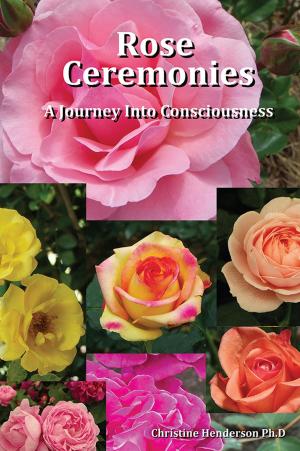| Author: | Bahiyeh Afnan Shahid | ISBN: | 9781452571485 |
| Publisher: | Balboa Press | Publication: | April 17, 2013 |
| Imprint: | Balboa Press | Language: | English |
| Author: | Bahiyeh Afnan Shahid |
| ISBN: | 9781452571485 |
| Publisher: | Balboa Press |
| Publication: | April 17, 2013 |
| Imprint: | Balboa Press |
| Language: | English |
The Iranian poet and painter Sohrab Sepehri (19281980) is revered today for many of the things he was criticized for during his lifetime. Born and raised in the ancient city of Kashan, he was educated in Tehran and travelled widely. A gentle introvert by nature, he was accused of escapism when his reaction to the world around him was to go back to nature, mysticism and mythology, poetry and painting. This mystic of the twentieth century seeks a light that radiates from the individual soul and ultimately affects its relationship with others and the world around it. While Rumi, the mystic of the thirteenth century, dances, sings, and chants out loud that he comes from the world of spirit and is a stranger in the world of matter, Sepehri, quietly aware of humanity in a milieu alien to its physical, psychological, and spiritual needs, in poetry and painting, appeared to stroke human consciousness into a tranquility, almost a state of beatitude, which nevertheless is never quite free of the ongoing struggle for awareness, understanding and illumination.
Sepehri had a free and sometimes convoluted approach to the verities of life, insisting that the book of everyday illusions must be closed and
one must rise
And walk along the stretch of time,
Look at the flowers, hear the enigma.
One must run until the end of being
One must sit close to the unfolding,
Some place between rapture and illumination.
(Both Line and Space. Bk.8)
In this fresh translation, Bahiyeh Afnan Shahid successfully conveys the meaning, feelings, and sensitivity of the Persian original allowing the reader to appreciate the pertinence of Sepehri to the twenty-first century.
The Iranian poet and painter Sohrab Sepehri (19281980) is revered today for many of the things he was criticized for during his lifetime. Born and raised in the ancient city of Kashan, he was educated in Tehran and travelled widely. A gentle introvert by nature, he was accused of escapism when his reaction to the world around him was to go back to nature, mysticism and mythology, poetry and painting. This mystic of the twentieth century seeks a light that radiates from the individual soul and ultimately affects its relationship with others and the world around it. While Rumi, the mystic of the thirteenth century, dances, sings, and chants out loud that he comes from the world of spirit and is a stranger in the world of matter, Sepehri, quietly aware of humanity in a milieu alien to its physical, psychological, and spiritual needs, in poetry and painting, appeared to stroke human consciousness into a tranquility, almost a state of beatitude, which nevertheless is never quite free of the ongoing struggle for awareness, understanding and illumination.
Sepehri had a free and sometimes convoluted approach to the verities of life, insisting that the book of everyday illusions must be closed and
one must rise
And walk along the stretch of time,
Look at the flowers, hear the enigma.
One must run until the end of being
One must sit close to the unfolding,
Some place between rapture and illumination.
(Both Line and Space. Bk.8)
In this fresh translation, Bahiyeh Afnan Shahid successfully conveys the meaning, feelings, and sensitivity of the Persian original allowing the reader to appreciate the pertinence of Sepehri to the twenty-first century.















